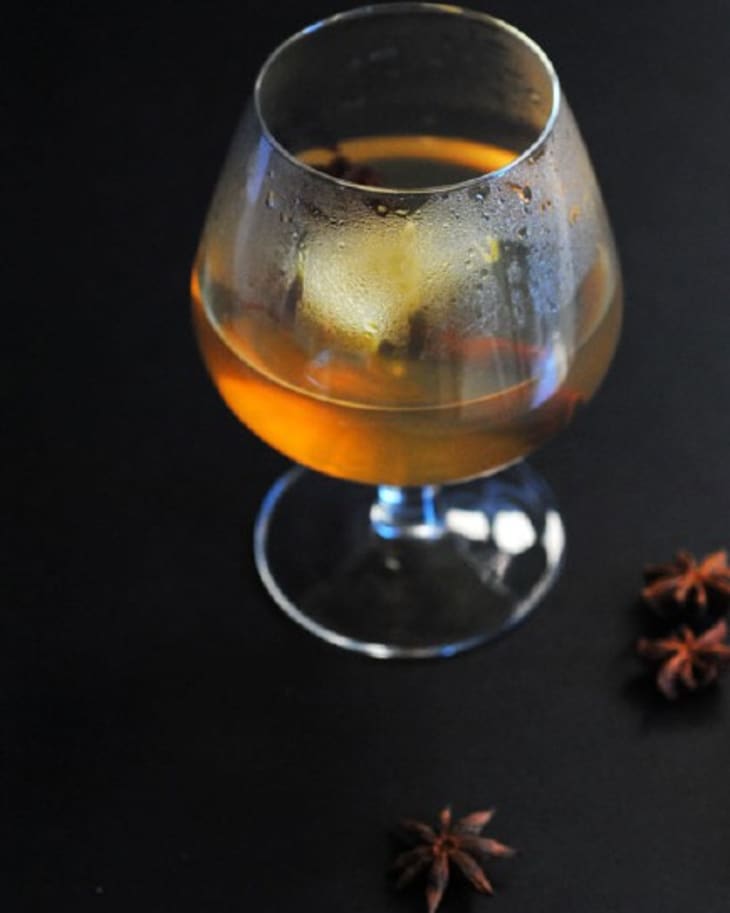What’s the Difference Between Whiskey and Bourbon?
I recently took a two-part cocktail class where we learned all about bitters, shrubs, and syrups. At the beginning of the class, we were asked to introduce ourselves and mention our liquor of choice. My answer: anything brown. Once the class got going, my vodka-loving tablemate mentioned she’s never understood the difference between whiskey and bourbon. Turns out: it’s really quite simple.
I tried explaining the difference to my new friend and ending up sounding like a broken record: Well, all bourbons are whiskey, but not all whiskeys are bourbon. Things weren’t any clearer for her.
In reality, the main difference surrounds the question of what they’re made of: whiskeys are made from a fermented mash of grain (usually corn, rye, barley or wheat) whereas bourbon has to be comprised of at least 51% corn as part of its grain mash. Our instructor added that bourbon is also generally aged for four years in oak barrels.
So why then are some people so staunchly whiskey drinkers while others will only reach for bourbon? Some of it is territorial, with Kentucky Bourbon garnering firm loyalists and others finding an affinity for Irish Whiskey largely because that’s what their parents drank and what their grandparents drank before that. Everyone has their reasons, certainly, but when it comes down to it, the real difference for average, every-now-and-then drinkers is rather small. It comes down to the composition of the liquid, the way it’s stored, and the geographic region in which it’s made.
Which Do You Reach For: Whiskey or Bourbon?
A Few Of Our Favorite Whiskey and Bourbon Cocktails:
• Kentucky Breakfast Cocktail with Apricot Preserves and Bourbon
• Meyer Lemon Whiskey Sour
• Saveur’s Bourbon Chai
• Elissa’s Whiskey Smash Cocktail
(Image: Nancy Mitchell)
